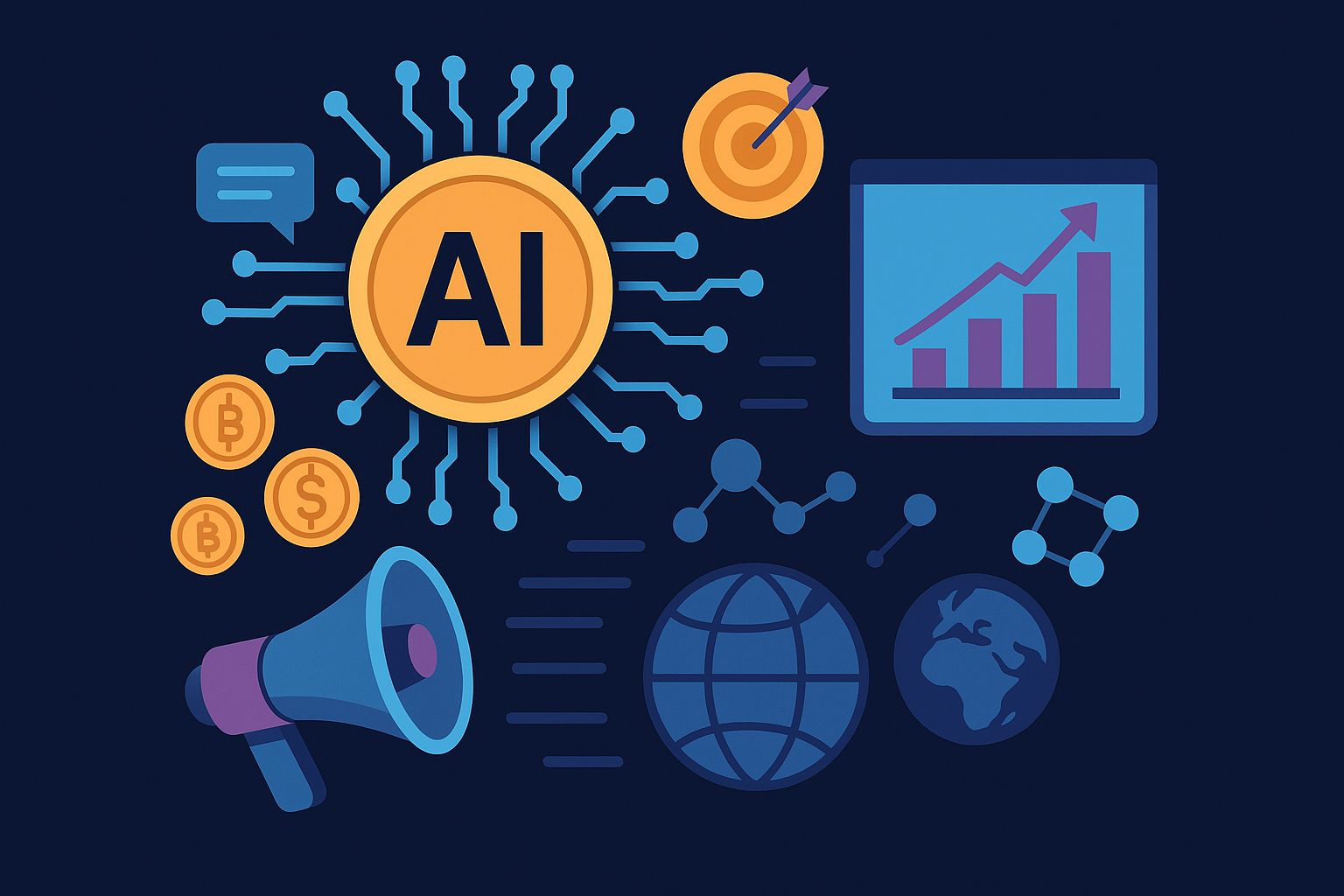
Building a high-trust community around an AI token in 2025 requires a nuanced blend of transparency, engagement, and strategic marketing tailored specifically to the unique dynamics of AI-powered blockchain projects. The AI token ecosystem, driven by both cutting-edge technology and decentralized finance principles, presents distinct challenges and opportunities. As more projects launch AI tokens with promises of autonomous intelligence, decentralized decision-making, and innovative utility, establishing trust becomes paramount. Without a strong, trust-based community, even the most technically impressive AI tokens may fail to gain traction or sustain long-term growth.
At the heart of this endeavor is the understanding that community trust is not merely earned through promises or token utility alone but through consistent communication, shared values, and demonstrated integrity. Marketing in this context extends beyond traditional campaigns and social media hype; it becomes an ongoing dialogue, an ecosystem of mutual value creation where token holders feel respected, informed, and actively involved in the project’s evolution.
The Importance of Trust in AI Token Communities
Trust is the foundation upon which any successful token community is built. For AI tokens, which often involve complex algorithms, autonomous agents, and innovative tokenomics, trust carries even greater weight. Users need to believe not only in the legitimacy of the token and its team but also in the robustness, fairness, and security of the underlying AI systems.
In 2025, with increased scrutiny from regulators and a more experienced crypto audience, transparency and accountability have become critical. Communities are more informed and expect projects to openly share development progress, governance decisions, and potential risks. The AI token marketing must not only deliver technical performance but also ethical stewardship, ensuring that AI’s inherent complexity does not obscure accountability.
Without community trust, token holders may be hesitant to participate in governance, stake their tokens, or engage in ecosystem activities, all of which are essential for the network’s health and growth. Therefore, building a high-trust community is fundamental to fostering sustained engagement, liquidity, and network effects.
Crafting a Transparent and Authentic Narrative
A critical early step in building trust is crafting a transparent and authentic narrative around your AI token project. In 2025, users are savvy and often skeptical of marketing messages that appear overly polished or insincere. Therefore, your communication strategy must embrace honesty about both strengths and limitations.
This narrative should articulate clearly the project’s vision, the unique value AI brings to the token ecosystem, and the roadmap for development. It’s important to communicate how AI components function, how they benefit users, and the safeguards in place to prevent misuse or errors. Avoid jargon-heavy explanations that alienate non-technical users and instead focus on relatable analogies and clear use cases.
Authenticity can be amplified by sharing behind-the-scenes insights, developer interviews, and regular updates that reveal progress and challenges alike. Showcasing real people behind the code humanizes the project and builds emotional connections. This approach reassures the community that the project is driven by genuine passion and expertise rather than just financial gain.
Engaging the Community Through Interactive Channels
In the digital age, community engagement cannot be a one-way broadcast but a two-way conversation. Marketing strategies for AI tokens must leverage interactive channels that allow users to ask questions, provide feedback, and contribute ideas.
Platforms such as Discord, Telegram, and specialized Web3 forums remain essential, but innovation in engagement channels also matters. Incorporating decentralized social media platforms, live AMAs (Ask Me Anything), and virtual events using metaverse environments can provide immersive experiences that deepen community bonds.
Regular polls, quizzes, and contests around the AI token’s features or ecosystem milestones invite participation and make members feel valued. More importantly, incorporating community suggestions into development or governance decisions signals that the project listens and evolves with its users. This participatory culture is a powerful trust-building mechanism.
Additionally, transparent moderation and clear community guidelines help foster respectful and constructive discussions, making the community welcoming and safe.
Leveraging Thought Leadership and Educational Content
Education is a cornerstone of trust in complex projects like AI token initiatives. Many potential users and investors may not fully understand the nuances of AI integration with blockchain or the innovative tokenomics involved. Providing clear, accessible educational content positions your project as a credible thought leader.
Marketing efforts should include detailed blog posts, explainer videos, webinars, and whitepapers that break down AI concepts, token utility, and governance mechanisms. In 2025, leveraging AI-driven personalized learning experiences within your community platforms can enhance understanding, tailoring content to the user’s knowledge level.
Thought leadership also involves participating in wider industry discussions, contributing to conferences, and collaborating with respected AI and blockchain experts. This external validation reinforces the project’s credibility and attracts sophisticated community members who can champion the token.
By investing in education, the project reduces barriers to entry, minimizes misinformation, and builds a knowledgeable base that is more likely to advocate for the token’s success.
Building Partnerships That Enhance Credibility
Another effective marketing approach to fostering trust is forming strategic partnerships with reputable organizations in the AI and blockchain space. In 2025, collaborations with leading AI research institutions, blockchain consortia, and regulatory bodies can significantly boost your project’s legitimacy.
Partnerships can take various forms, from joint research initiatives and co-branded events to integrations with established DeFi platforms or cross-chain interoperability protocols. These alliances provide external validation and demonstrate that your AI token is part of a broader, trusted ecosystem.
Additionally, working with recognized auditors and security firms to conduct thorough smart contract audits and AI model evaluations is essential. Publicly sharing audit results and security reports shows the community that the project prioritizes safety and transparency.
Such collaborations also open up new marketing channels and audience segments, expanding the community while reinforcing trust through association with well-known entities.
Harnessing Influencer and Community Ambassador Programs
In 2025, influencer marketing remains a powerful tool but must be handled with care in the AI token space. Rather than generic crypto influencers, projects should seek advocates who genuinely understand AI technology and can speak authentically about your token.
Community ambassador programs empower passionate users to represent the project in different languages and regions, creating localized trust hubs. These ambassadors provide personalized support, organize events, and facilitate onboarding new members. This grassroots approach enhances relatability and trust within diverse segments of the community.
Influencers and ambassadors who engage transparently, disclose their affiliations, and interact regularly with followers help dispel skepticism. Their genuine enthusiasm and knowledge make their endorsements much more credible than paid promotions lacking substance.
Fostering long-term relationships with these advocates rather than one-off campaigns builds a stable foundation for community growth.
Ensuring Robust Governance and User Empowerment
Trust in AI token communities is greatly enhanced when members feel empowered to participate in decision-making. Implementing robust decentralized governance mechanisms where token holders can vote on key issues creates a sense of ownership and accountability.
Marketing efforts should highlight how governance works, explain proposals clearly, and showcase past community-driven successes. Transparency about voting outcomes and the rationale behind decisions strengthens confidence that the project respects collective input.
In 2025, advanced AI tools can facilitate governance by analyzing community sentiment, predicting impacts of proposals, and providing clear recommendations, making participation easier and more informed.
By promoting inclusive governance and celebrating community milestones, marketing reinforces that the project is truly decentralized and aligned with user interests.
Prioritizing Security and Compliance Messaging
Given the sophisticated nature of AI tokens and heightened regulatory scrutiny in 2025, security and compliance messaging are integral to trust-building. Users want assurance that their investments are protected against hacks, scams, and legal pitfalls.
Marketing communication should openly discuss security protocols, risk management strategies, and compliance frameworks the project adheres to. Highlighting certifications, KYC/AML procedures, and partnerships with legal advisors reassures potential users.
Regular updates about security enhancements, bug bounties, and incident responses show proactive stewardship. Avoiding overpromising and acknowledging risks transparently earns respect.
Additionally, educating the community on best security practices and compliance obligations helps foster a knowledgeable and vigilant user base, reducing vulnerabilities.
Utilizing Data-Driven Marketing to Build Confidence
Data-driven marketing strategies enable precise targeting and personalized messaging that resonate with potential community members. By analyzing engagement metrics, sentiment analysis, and user behavior, projects can tailor campaigns that address concerns, highlight benefits, and reinforce trust factors.
AI-powered tools can automate community monitoring, detect misinformation, and optimize content delivery. This ensures that marketing remains relevant and responsive to evolving community needs.
Moreover, sharing data-backed success stories, usage statistics, and growth metrics in a transparent manner provides tangible proof of the project’s progress. This empirical evidence complements qualitative trust-building efforts.
A data-driven approach also helps identify and nurture high-potential community members, turning them into long-term advocates.
Conclusion:
Building a high-trust community around an AI token in 2025 is an ongoing journey rather than a one-time achievement. It requires sustained commitment to transparency, engagement, education, and ethical leadership. Marketing plays a pivotal role as the bridge between the project’s technical innovations and the community’s perceptions.
By crafting authentic narratives, fostering interactive and inclusive environments, prioritizing security, and leveraging strategic partnerships and data insights, AI token projects can cultivate vibrant communities that not only believe in the technology but actively contribute to its growth.
In this rapidly evolving landscape, trust remains the most valuable currency. Projects that invest deeply in building and maintaining it through thoughtful marketing and genuine connection will stand out and thrive in the competitive AI token ecosystem of 2025.




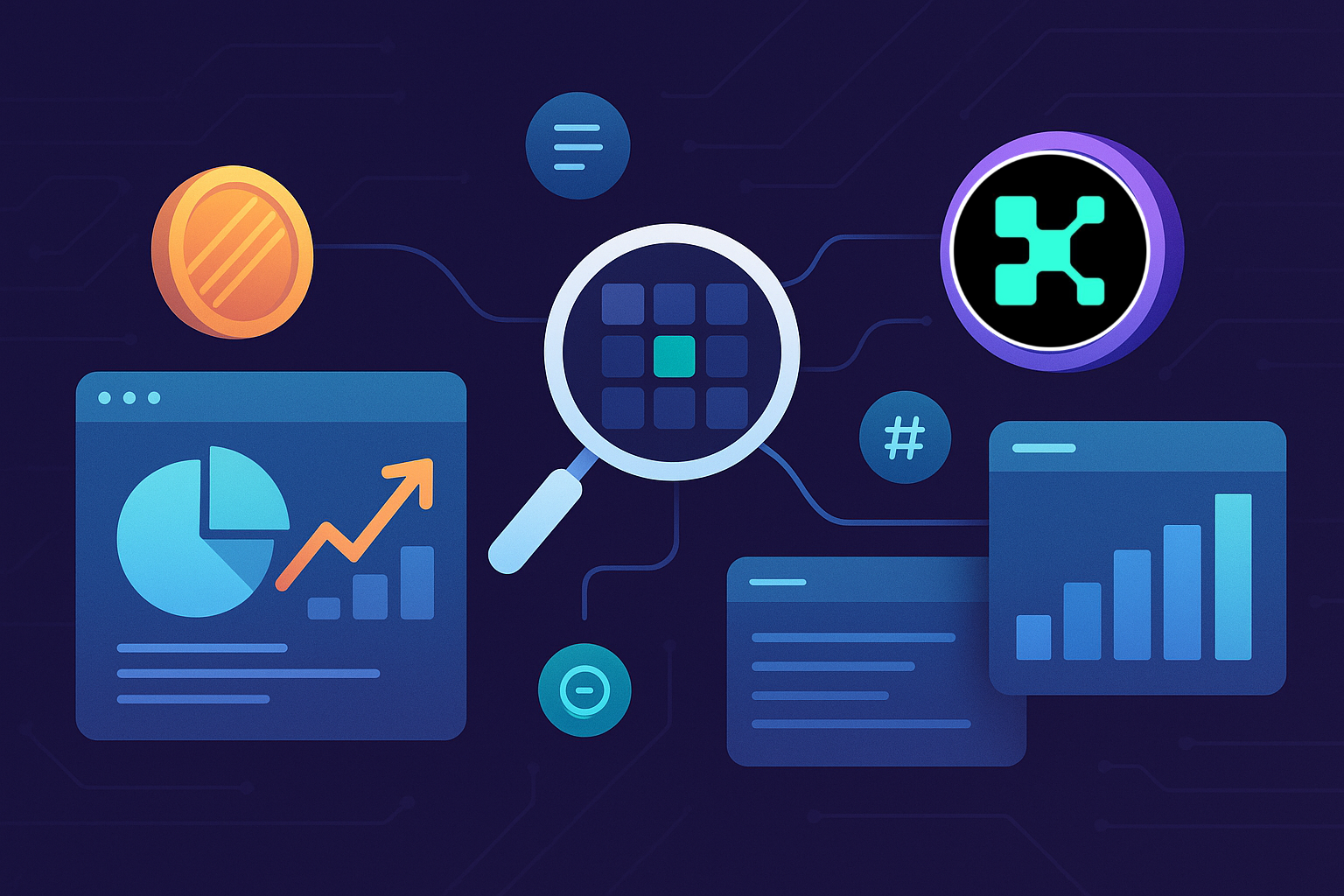
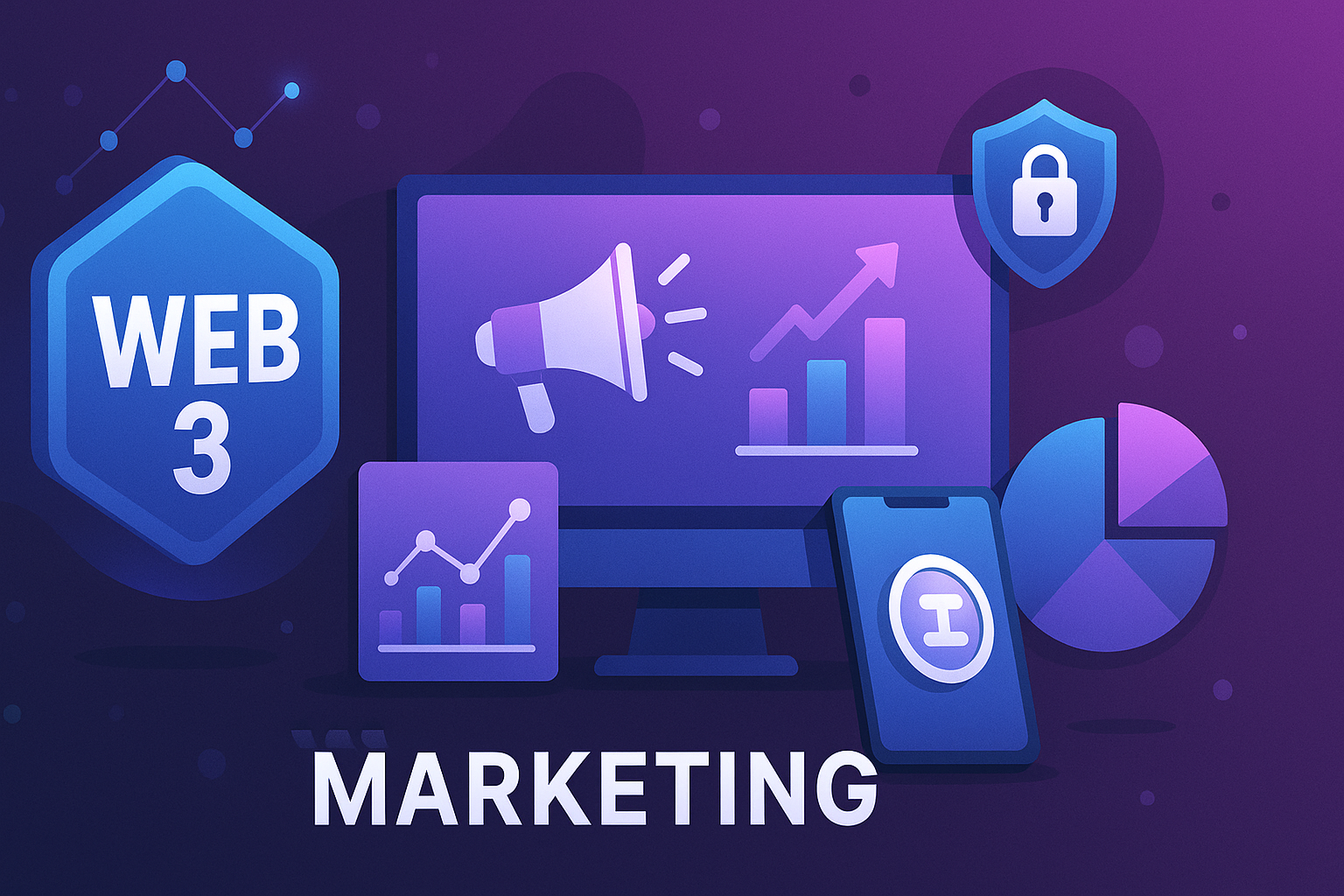


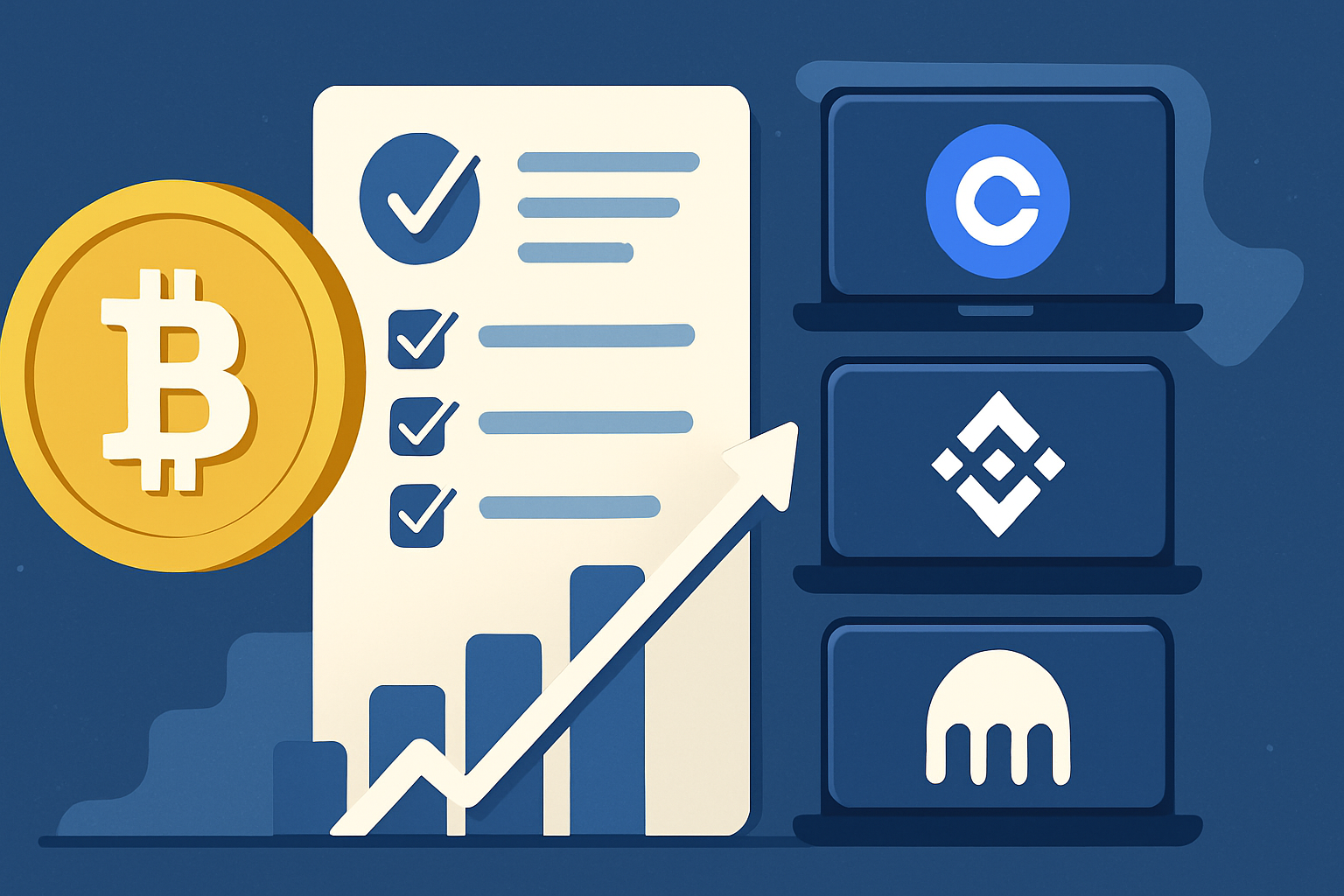
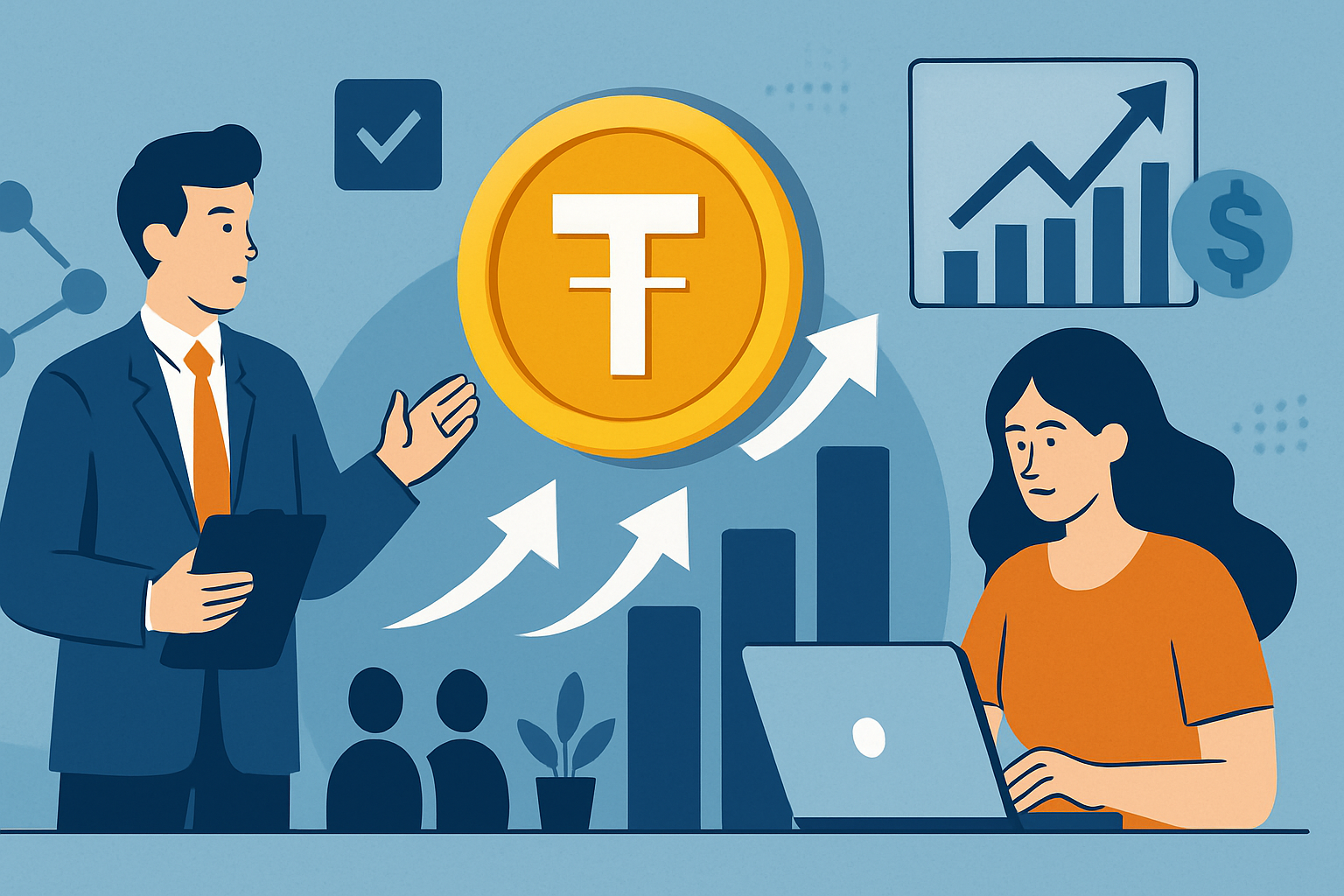
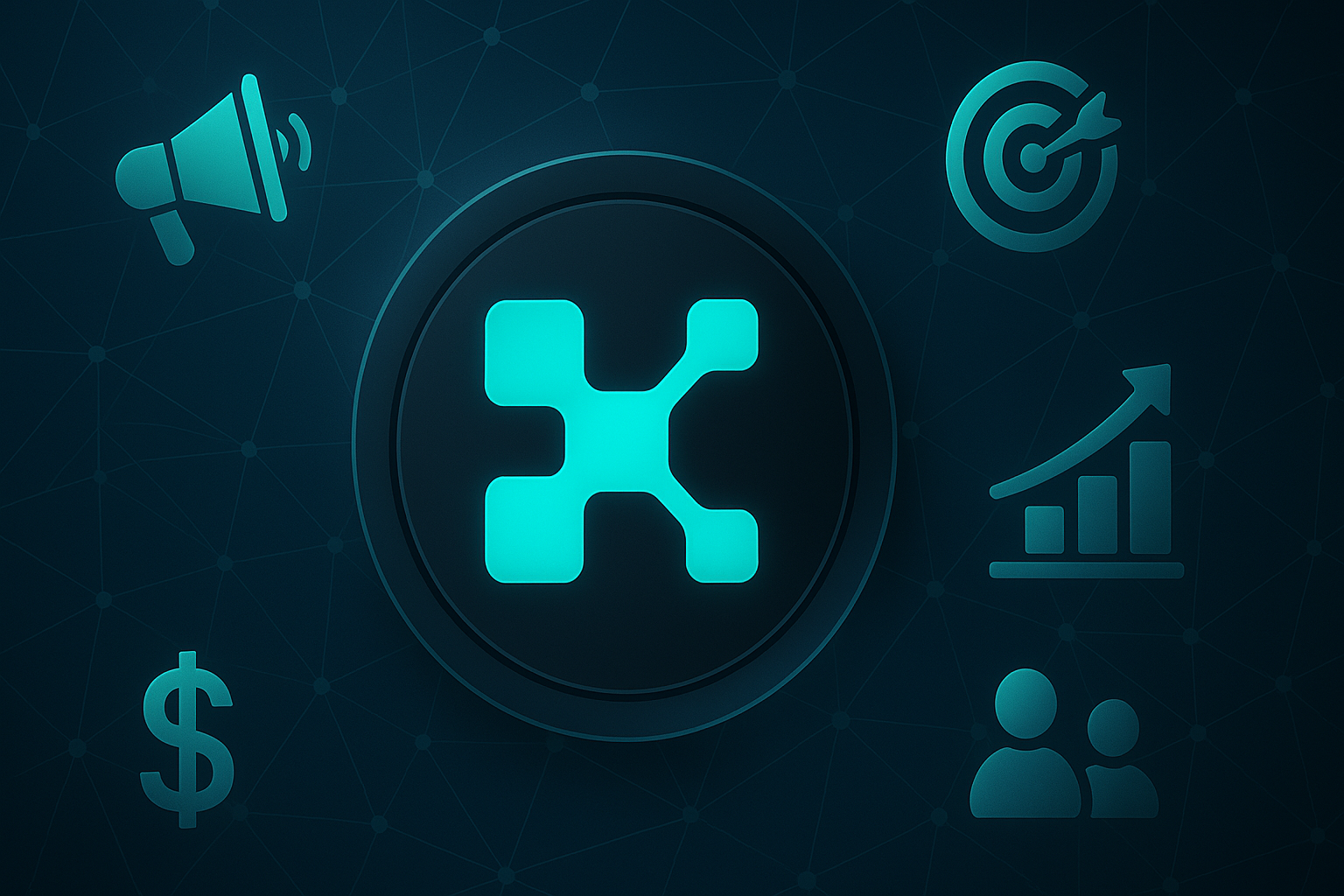

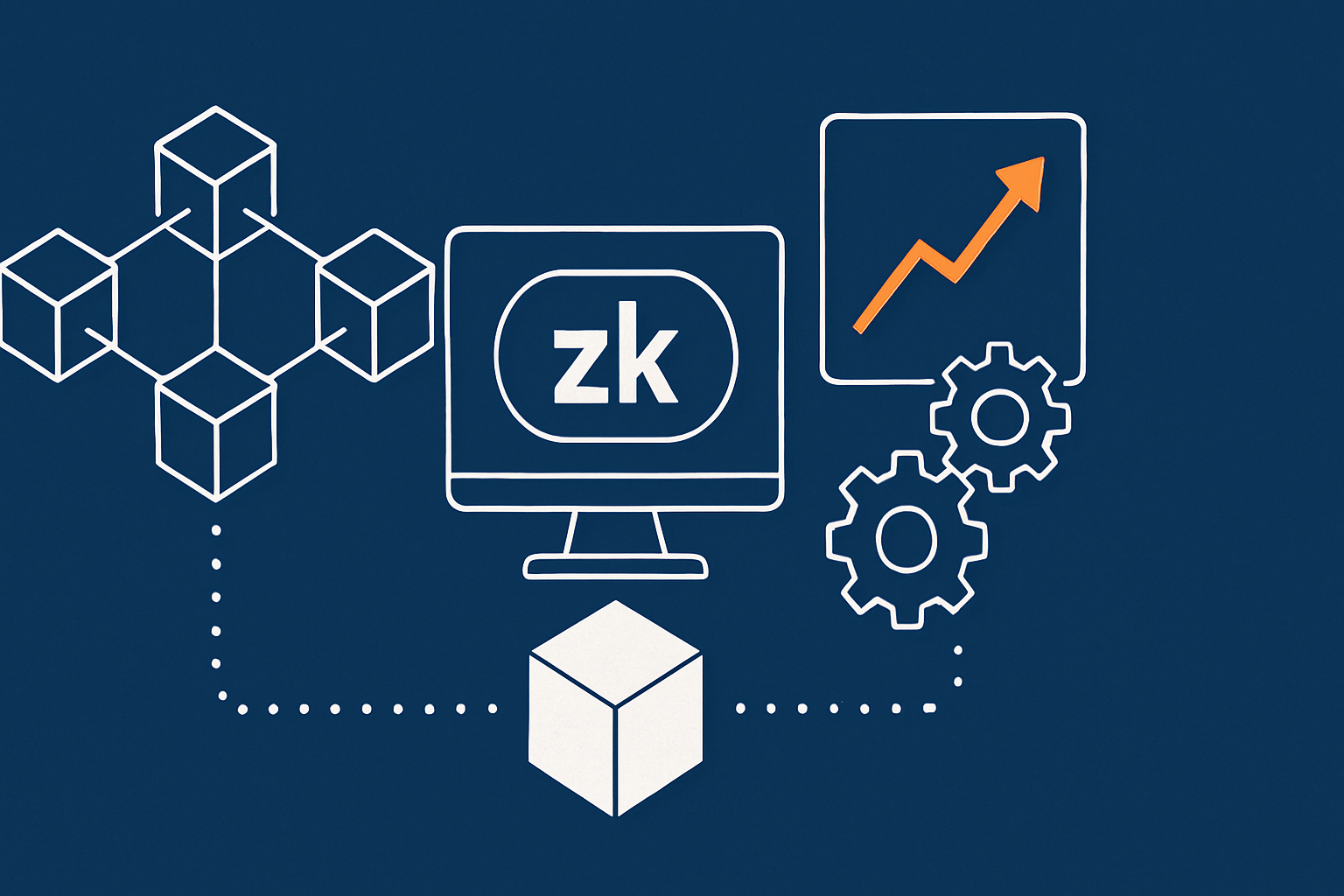

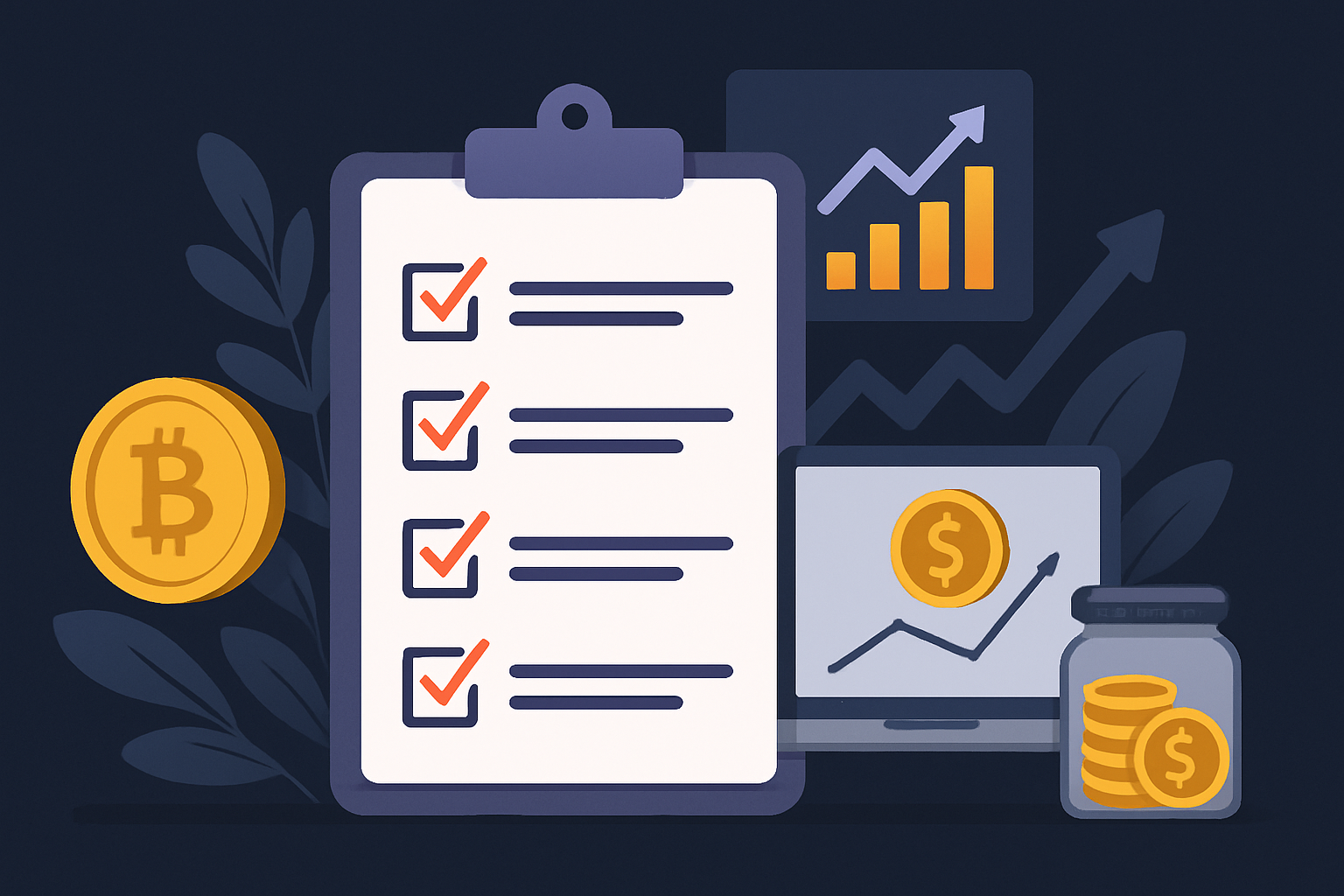
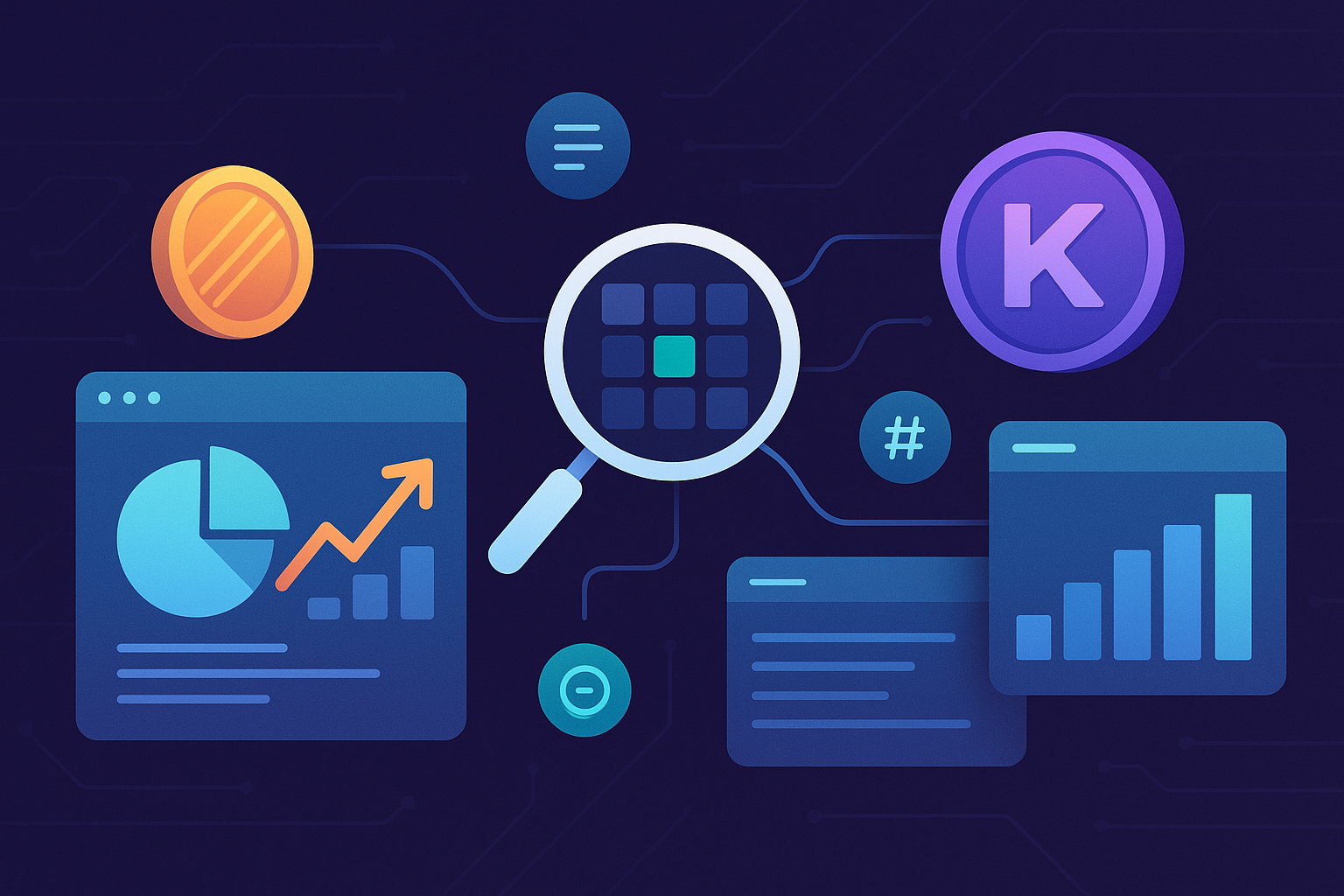




Write a comment ...